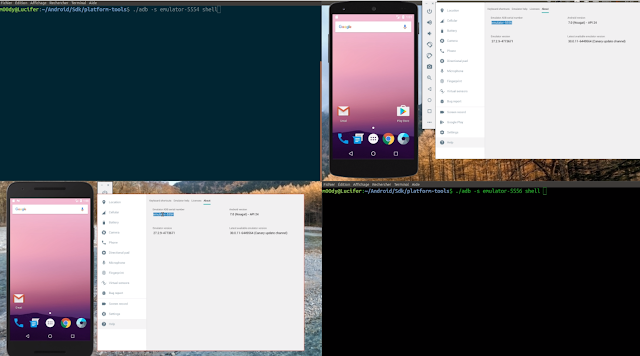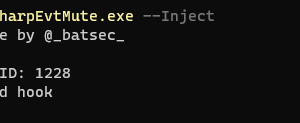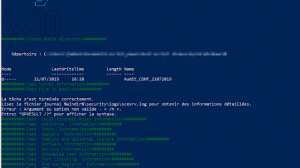[sc name=”ad_1″]
GUSTAVE is a fuzzing platform for embedded OS kernels. It is based on QEMU and AFL (and all of its forkserver siblings). It allows to fuzz OS kernels like simple applications.
Thanks to QEMU, it is multi-platform. One can see GUSTAVE as a AFL forkserver implementation inside QEMU, with fine grain target inspection.
What are the supported kernels ?
GUSTAVE has mainly been designed to target embedded OS kernels. It might not be the best tool to fuzz a large and complex Windows or Linux kernel.
However if you have a target under the hood which can be rebuilt from scratch and crafted with one or two applications to boot without any user interaction, it might be interesting to give GUSTAVE a try.
How does it work ?
The afl-fuzz tool, from the AFL project, is used to automatically fuzz your target. However, AFL can’t directly fuzz an OS kernel and expects its target to directly parse the generated test cases.
To make it short, afl-fuzz will run QEMU with GUSTAVE integration as its target. In turn, GUSTAVE will handle :
- forkserver synchronization
- generated test cases translation to target system calls
- target kernel monitoring
How does it compare to existing solutions ?
There exists comparable approaches, such as:
GUSTAVE design choices implies the following differences:
- you need to inject AFL instrumentation shims in the target kernel
- no specific devs are needed inside the target
- really target agnostic (OS, architecture), as long as QEMU offers support
- can even use hardware-virtualization with kvm
- covers all system calls implemented in the target kernel
- you still need to implement target specific things:
- system calls translator
- memory guard oracles
Current status ?
Hardware
We have implemented and tested Intel x86 and PowerPC support. The GUSTAVE implementation is architecture independent. If you can run your target with QEMU, you can fuzz it with GUSTAVE with little effort.
For now, we provide example Intel 440FX and PowerPC PREP boards with GUSTAVE integration. The implementation of your own board is really easy. Have a look at x86 board.
We also added support for x86 and PowerPC GUSTAVE instrumentation shims to afl-gcc.
Software
We also provide POK micro-kernel target specific developments:
- system calls ABI generator for both x86/PPC
- x86 memory oracles
How to use it ?
- prepare your target (rebuild with
afl-gcc, or binary fix it) - implement target specific translator
- build QEMU with GUSTAVE integration
- write a JSON configuration file for your target
- run it in a terminal
A step-by-step tutorial is available.
Requirements
Beside a working compilation environment for both your target and QEMU, you will need the following git trees:
$ git clone -b gustave https://github.com/airbus-seclab/afl
$ git clone -b gustave https://github.com/airbus-seclab/qemuPublications
Material from different talks on GUSTAVE can be found at https://airbus-seclab.github.io/: Slides(en), Slides(fr), Paper, Video
[sc name=”ad-in-article”]





















Add Comment